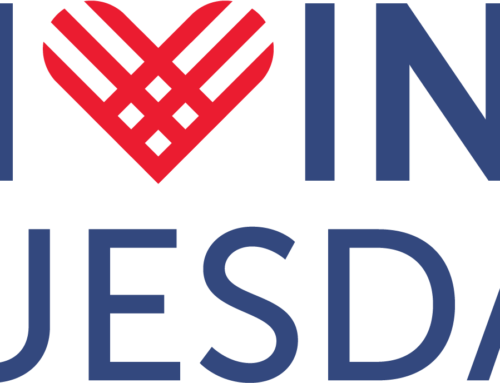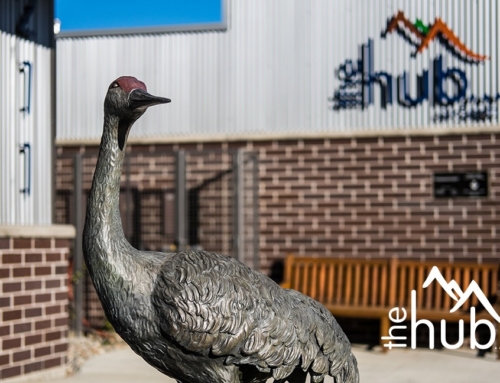
Water is the largest component of the body and makes up 50 to 70% of our total body weight. Water is also a primary component of many important physiological functions that take place inside the human body each day. Our bodies rely on the presence of water for processes such as regulating body temp, protecting vital organs, providing assistance with vitamin/nutrient absorption, and blood volume maintenance – not to mention it provides consistent hydration necessary for athletic performance and exercise.
When tackling this topic in my classrooms, the questions and comments that arise are:
- Do I really need 64 ounces of water each day?
- How much is too much?
- What do I need to sustain my workouts and how do I know if I’m hydrated “enough”?
- Water is “boring” – what are some alternatives?
- Can you get water from food?
As all things in health and fitness, a one-size fits all approach is not effective; therefore, the answers to these questions are not black and white. However, some basic principles apply that can help you determine what your individual needs are.
- First, when it comes to personal hydration needs, let thirst be the guide.
- Second, the amount of water each person needs depends on several factors including the types of foods and beverages consumed throughout the day, sweat rate, waste excretion, metabolic processes and respiration. Further, when providing water intake guidelines, we have to keep in mind that a person’s size, weight, activity level, and environment influence water loss.
- Third, when it comes to exercise, aim for a 1:1 fluid replacement to fluid loss ratio with the goal of avoiding a total weight loss of greater than 2% during exercise (this is most likely in serious athletes and/or those who live and train in very hot temps).
- Fourth, everyone sweats at different rates; consider drinking about 8-16 ounces of water each hour (on the higher end if it’s hot and humid). For prolonged exercise (greater than 90 minutes) try taking in a fluid with some sodium (Gatorade, for example). This will help balance electrolytes lost through sweating. A caveat, 30 minutes on an elliptical does not necessitate the use of Gatorade or other sports drinks! The human body will not become dehydrated or electrolyte deficient in 30 minutes to an hour.
So, how can you improve or support “euhydration” on a daily basis?
- Keep water with you at your desk or near you during the day
- Replace one caffeinated beverage a day with water
- Infuse water with fruit if plain water isn’t palatable
- Drink water throughout the day – no need to down 8 glasses at once
For more information and the ability to ask one-on-one questions about your personal needs, join me at the Sheridan Senior Center on Tuesday, September 6th at 6p.m. for light snacks, refreshments and a down-to-Earth conversation about the importance of water, signs of dehydration and methods for preventing dehydration and, finally, edible sources of water. Yes, water consumption isn’t limited to a glass of pure water. Many foods are high in water content, so don’t just drink your water – eat it.
Erin is a health and human performance educator, NSCA Certified Personal Trainer, and ACE Health Coach & Fitness Nutrition Specialist. To contact Erin please email [email protected].





